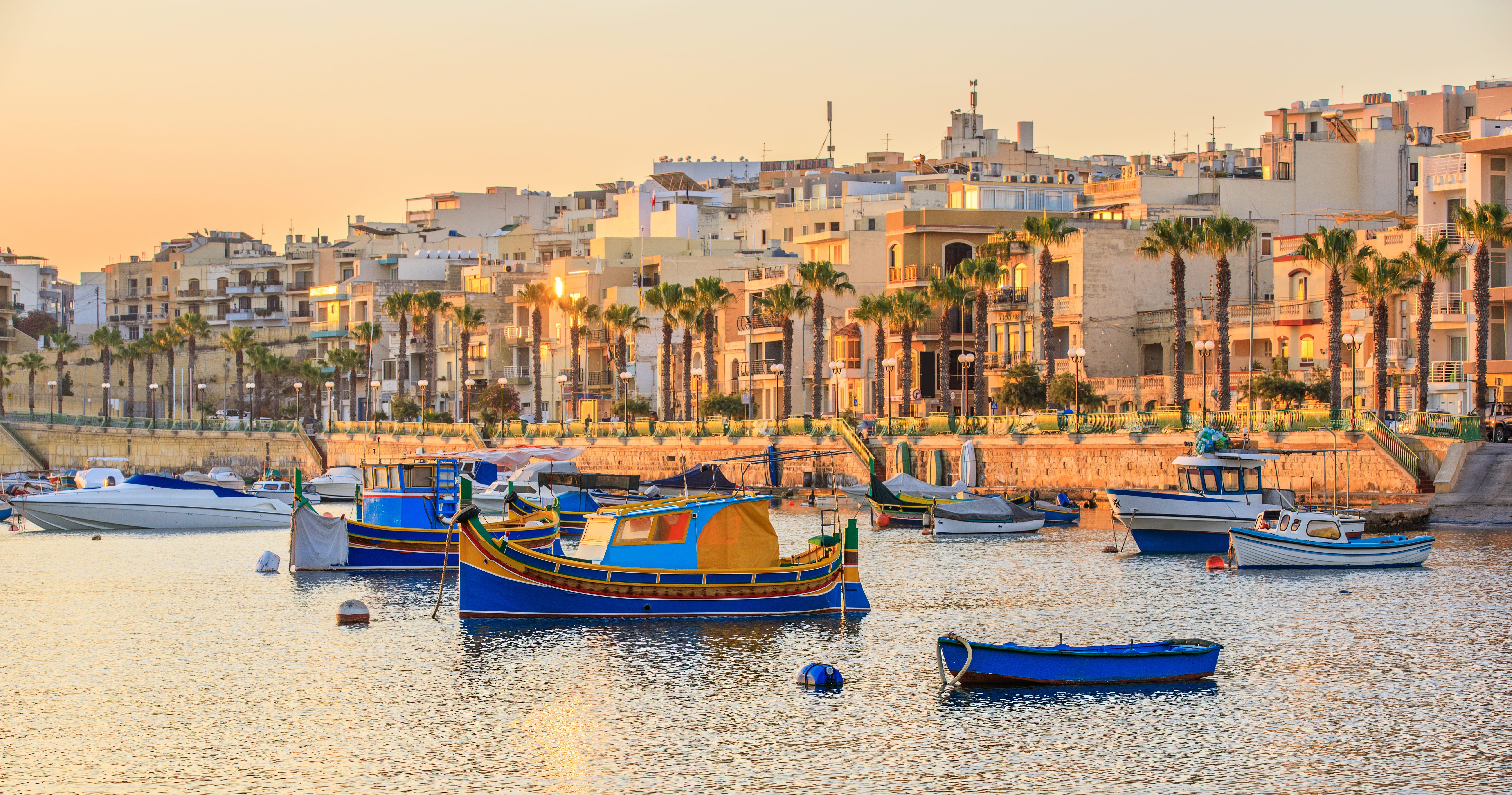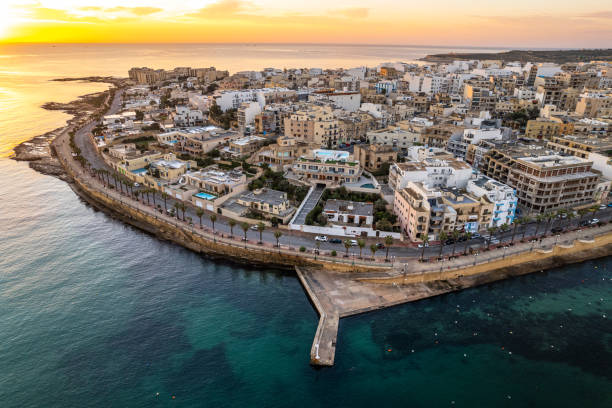



Marsaskala, sometimes written as Marsascala is a seaside town in the Southern Region of Malta. Originally a fishing village, it has grown into a tourist destination and a permanent hometown for an ever-growing population. Wikipedia
April to June & September to October – Ideal weather, fewer crowds, great for walking, dining, and swimming.
July–August – Hot, lively, and more local families on holiday.
November–March – Quiet and mild (12–17°C), perfect for peaceful strolls and photography.
From Valletta:
By bus: Routes 91, 92, or 93, ~30–45 minutes.
By car: ~25 minutes. Parking is generally available along the promenade or nearby side streets.
By taxi or Bolt: A convenient option, especially if visiting on a flexible schedule.
Marsaskala (M'Skala) is a traditional fishing village turned residential town, built around a long, sheltered inlet. It's favored by locals for seaside living, leisurely meals, and nature walks. Unlike Sliema or Bugibba, it’s more laid-back, quiet, and family-friendly.
Marsaskala Promenade (Triq is-Salini) – A lovely seafront walk lined with restaurants, cafés, and boats.
St. Thomas Bay – A wide bay with a mix of sandy and rocky spots; great for swimming, sunbathing, and paddleboarding.
St. Thomas Tower – A 17th-century coastal watchtower built by the Knights of St. John.
Zonqor Point – A rocky swimming and diving spot with wide sea views and local fishing culture.
Wied il-Għajn – The original Maltese name for Marsaskala, literally "spring valley," visible in scenic trails and rural countryside.
Swim or snorkel – Especially at St. Thomas Bay, Zonqor Point, or smaller coves like Hofra il-Kbira.
Walk or bike coastal trails – The path from Marsaskala to Marsaxlokk or Delimara Peninsula offers beautiful sea views.
Dine by the sea – Enjoy a slow lunch or dinner at a waterside restaurant.
Enjoy traditional festas – If visiting in summer, catch local fireworks, music, and religious processions.
Visit nearby sites – Combine with a visit to Marsaxlokk, St. Peter’s Pool, or Żabbar.
Boutique stays: Guesthouses and seafront hotels in the town center
Self-catering apartments: Ideal for families and long-stay visitors
Budget options: Modest hotels and local homestays, especially off-season
Quiet retreats: Secluded villas and rural stays near the bay
Seafood specialties: Grilled fish, calamari, octopus stew, and local lampuki when in season
Maltese classics: Rabbit stew, bragioli (beef olives), bigilla (bean dip), and ftira
Recommended eateries:
Tal-Familja – Longstanding local favorite for traditional food
La Favorita, Uncle Matt’s Kitchen, Zonqor Point Restaurant
Ice cream/gelato stalls and small cafés along the promenade
Casual dining: Pizza, pasta, and grills are widely available
More residential and local than touristy
Sunday is market and family day – Locals gather at bakeries, butchers, and cafés
Fishing heritage is still visible in boatyards and evening routines
Maltese and English are both spoken; locals are warm and welcoming
Churches and village squares often host feasts and gatherings in summer
Best explored on foot – Especially the promenade, harbor, and coastal trails
Swimming areas are mostly rocky — bring water shoes
Quieter at night – Ideal for a peaceful stay or family retreat
Pair it with nearby towns – Easy to visit Marsaxlokk, St. Peter’s Pool, and even the Three Cities
Rent a bike or car if you plan to explore the rural south more deeply